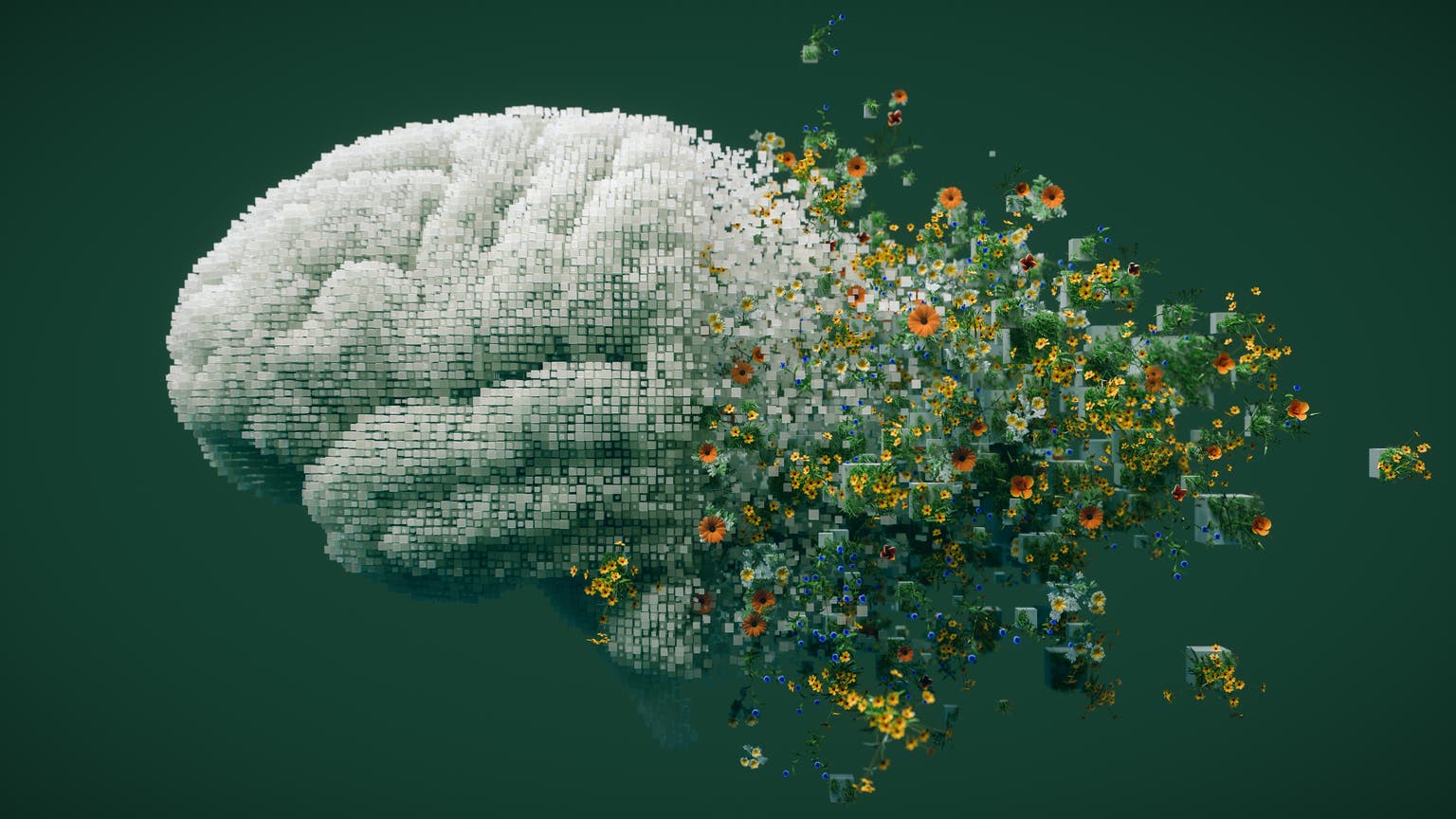The Ovary: More Than Just Reproduction - How It Impacts Women's Health & Lifespan

For years, the ovary has been primarily associated with fertility and menopause. But emerging research is revealing a far more crucial role for this often-overlooked organ in women’s overall health and longevity. This article delves into the surprising ways the ovary influences everything from metabolic function and brain health to cardiovascular well-being, exploring how age-related changes and estrogen fluctuations impact women throughout their lives.
Beyond Reproduction: The Ovary's Diverse Functions
While its role in reproduction is undeniable – producing eggs and hormones like estrogen and progesterone – the ovary’s influence extends far beyond. It’s a dynamic endocrine organ, constantly communicating with other parts of the body. Estrogen, in particular, isn’t just about reproductive cycles; it’s a vital hormone with widespread effects:
- Bone Health: Estrogen plays a crucial role in maintaining bone density, protecting against osteoporosis.
- Cardiovascular Health: It contributes to healthy blood vessel function and helps regulate cholesterol levels.
- Brain Health: Estrogen supports cognitive function, memory, and mood regulation. Declines in estrogen levels have been linked to an increased risk of cognitive decline and depression.
- Metabolic Regulation: Estrogen influences metabolism and can affect insulin sensitivity.
Menopause and the Ovary: A Turning Point
Menopause marks a significant shift as the ovaries gradually cease producing eggs and estrogen levels decline. This transition isn’t just about the end of menstruation; it's a cascade of hormonal changes that can profoundly impact a woman's health.
The decline in estrogen during menopause can lead to a range of symptoms, including hot flashes, sleep disturbances, vaginal dryness, and mood swings. However, the long-term health consequences are even more significant. Increased risk of osteoporosis, cardiovascular disease, and cognitive decline are all associated with estrogen deficiency.
Age and the Ovary: A Lifelong Perspective
The ovary’s health isn’t a concern solely during menopause. Age-related changes begin much earlier, impacting ovarian reserve (the number of eggs remaining) and hormone production. Even in younger women, subtle shifts in ovarian function can influence their overall health.
Factors like genetics, lifestyle choices (diet, exercise, smoking), and environmental exposures can all affect ovarian health throughout a woman’s lifetime. Maintaining a healthy lifestyle, managing stress, and regular health check-ups are crucial for supporting optimal ovarian function.
Looking Ahead: Research and Future Directions
Ongoing research is shedding new light on the intricate workings of the ovary and its impact on women’s health. Scientists are exploring novel therapies to mitigate the effects of estrogen deficiency, including hormone replacement therapy (HRT), lifestyle interventions, and emerging treatments targeting ovarian tissue. Understanding the ovary’s role in aging and longevity is a critical area of focus, with the potential to transform women's healthcare.
Ultimately, recognizing the ovary as a central hub for women's health – far beyond its reproductive role – is essential for promoting long-term well-being and extending healthy lifespans. It’s time to shift the narrative and appreciate the ovary for the vital organ it truly is.






